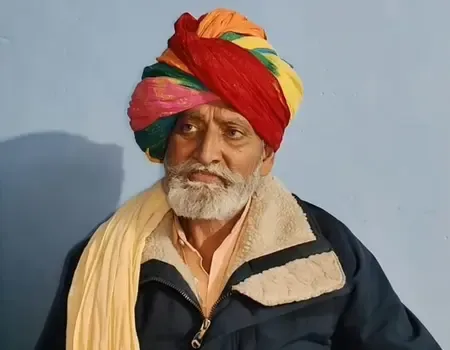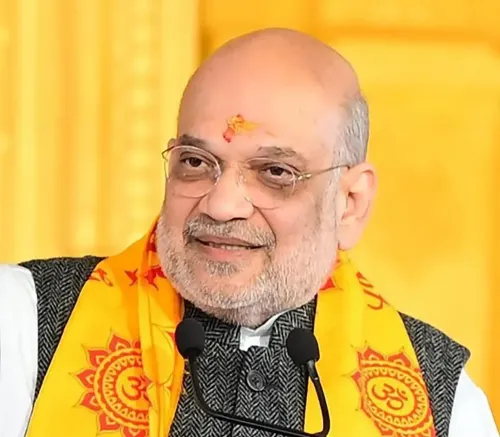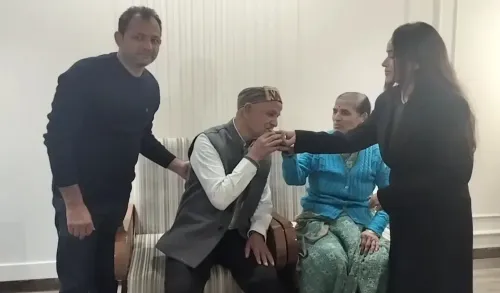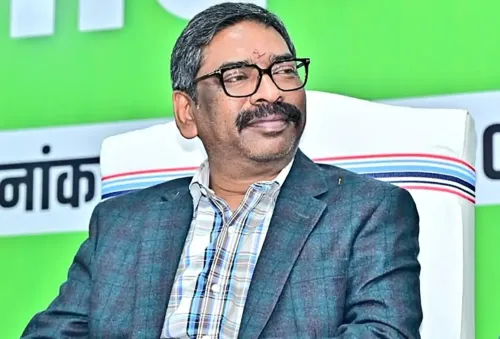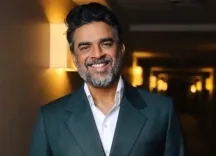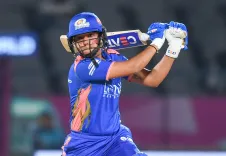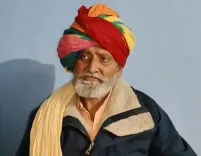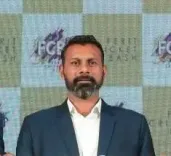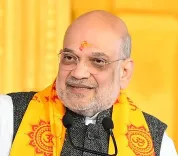Is Pakistan Failing to Protect Children in Conflict?
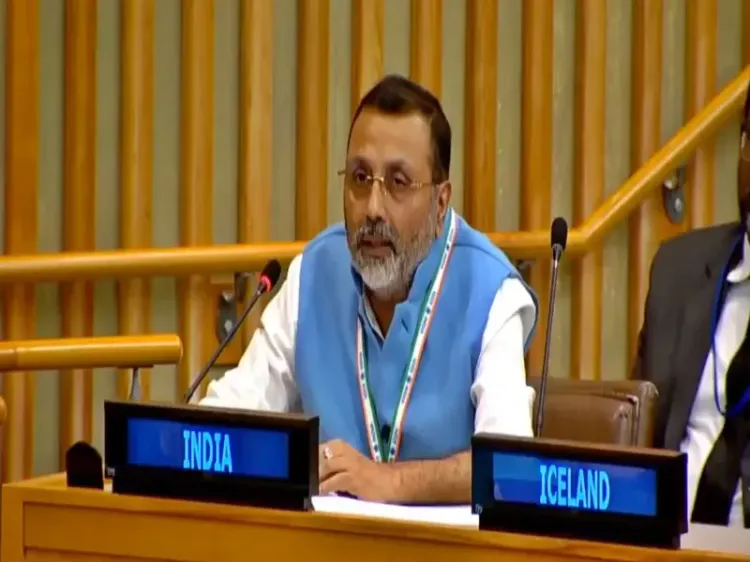
Synopsis
Key Takeaways
- Nishikant Dubey condemns Pakistan’s treatment of children in conflict zones.
- India emphasizes accountability for human rights violations.
- UN Secretary-General’s 2025 report highlights serious abuses.
- India's Operation Sindoor is defended as a necessary response.
- India positions itself as a leader in advocating for child welfare.
New York, Oct 13 (NationPress) During a compelling speech at the 80th United Nations General Assembly in New York, Nishikant Dubey, a notable Indian MP from the Bharatiya Janata Party (BJP), delivered a sharp denunciation of Pakistan's human rights record, especially its inability to safeguard children in war-torn regions.
As part of India's parliamentary team, Dubey labeled Pakistan as “one of the most serious violators” of the UN’s Children and Armed Conflict (CAAC) agenda, referencing the UN Secretary-General’s report for 2025 that outlines significant violations against children within Pakistan.
He detailed various atrocities, including assaults on children, the demolition of girls' schools, and cross-border shelling near the Afghanistan border, which has resulted in children being killed or injured.
“We strongly condemn Pakistan’s attempts to divert attention from its own history of child rights violations and persistent cross-border terrorism,” he stated with unwavering conviction.
Dubey contrasted India’s robust counter-terrorism strategies with Pakistan’s attacks on civilian populations, urging Islamabad to “reflect on its actions” and take real measures to protect its youth.
The Indian MP also highlighted Pakistan's involvement in terrorism in Jammu and Kashmir, citing the tragic Pahalgam incident on April 22, 2025, which resulted in the deaths of 26 civilians, including women and children.
“The global community has not overlooked the horrific, targeted assaults executed by Pakistan-trained terrorists,” Dubey affirmed, defending India’s Operation Sindoor in May 2025 as a “legitimate and measured response” to ensure the safety of its citizens and to achieve justice.
His remarks emphasized India's unwavering commitment to combating terrorism while advocating for global peace and child welfare, garnering significant attention at the UNGA.
As international focus on child welfare in conflict zones heightens, India is establishing itself as a fervent proponent of accountability, urging nations like Pakistan to confront their shortcomings rather than shift blame.
The Indian delegation, which includes senior MPs such as P.P. Chaudhary, Chairperson of the Joint Parliamentary Committee on ‘One Nation, One Election’, arrived in New York earlier this week.
Dubey, a four-term MP from Godda, Jharkhand, expressed his gratitude towards Prime Minister Narendra Modi and the BJP leadership for the chance to represent India.
“An ordinary BJP worker like me has been given this responsibility,” he noted on social media, alongside a photograph from New York.
Meanwhile, New Delhi is set to host the Conference of Heads of United Nations Troop Contributing Countries from October 14 to 16, where military leaders from over 30 nations will discuss the future of global peacekeeping efforts.
India’s assertive position at the UNGA reflects its increasing global influence, delivering a clear message: silence in the face of wrongdoing is complicity, and accountability is essential.


